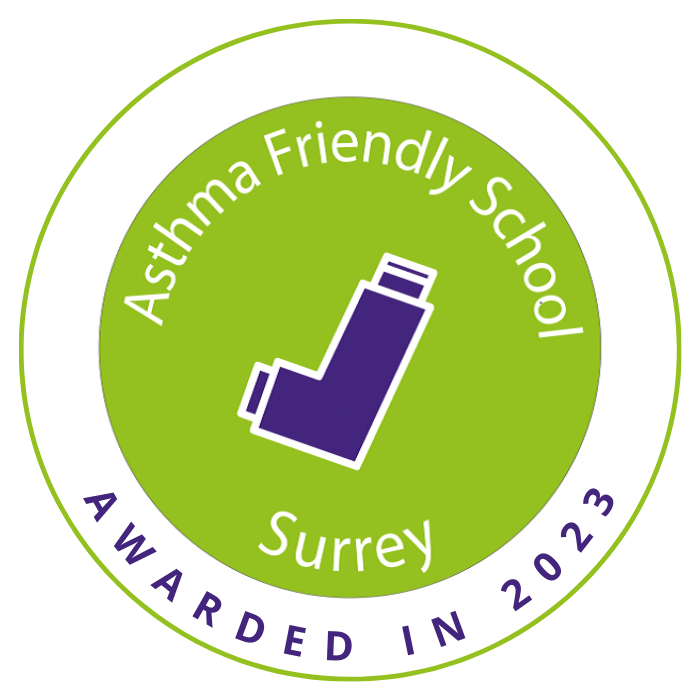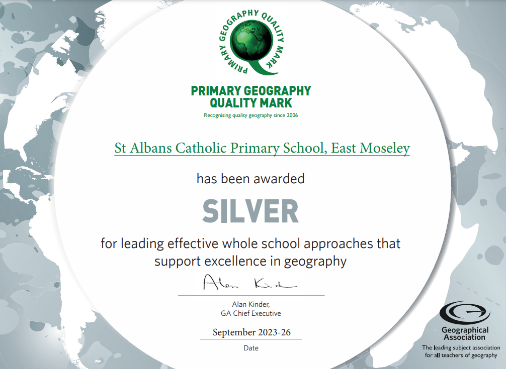EYFS
Reception is all about building upon and creating opportunities for fundamental skills and knowledge to be learnt so that our children become inquisitive, happy, and confident learners.
We encourage this through a variety of learning through discovery opportunities linked to stories and topics such as space or animals around the world. We instil a love for future learning through collaborative play, small group work and challenges that encourage perseverance, problem-solving and team-work.
In Reception, we facilitate learning in four small focus groups within the year group, targeting key weekly objectives through tailored activities and continuous discovery and practice opportunities. An example of a week’s objective would be:
Maths – counting to 5
Group reading – We are Going on a Bear Hunt
Art – Colour mixing lined to the story Colours, Colours Everywhere by Julia Donaldson
RE – ordering the story of the creation and creating artwork representing the 7 days.
The benefits of learning in focus groups are:
- It fosters stronger teacher-pupil relationships, boosting children's confidence and trust.
- Collaborative group work encourages turn-taking, listening, empathy, and cooperation.
- Smaller groups help children stay focused and more actively involved in their learning.
- The adults will change groups each week so that by the end of a 4-weekly cycle, each adult has worked with each child.
Prime Areas of Learning in EYFS
Personal, Social and Emotional Development
- settle into school and join the school family
- share and take turns
- engage enthusiastically in classroom learning activities
- recognising that we are different but special
- learning to work collaboratively and negotiating with peers
Physical Development
- hold a pencil correctly in a tripod grip (using 3 fingers)
- move in a variety of ways and can stop, start and change directions on a given signal
- can use space safely with an awareness of others
- can show balance and co-ordination
- using scissors and cutlery correctly most of the time
Communication and Language
- take turns in conversation
- show good listening skills towards adults and other children – to look at the person speaking, to listen to all of the words and respond appropriately to what they hear
- using story telling vocabulary
- ask questions to clarify their understanding
- express their ideas and feelings using full sentences
Specific Areas of Learning
Literacy
- learn and practise letter sounds and diagraphs
- write their own names and form most letters correctly
- writing a short sentence with finger spaces
Mathematics
- recognise and begin to write numerals to at least 20
- consistently count accurately to at least 20
- describe and recognise 2D and 3D shapes
Understanding the World
- be aware of the changing season and weather changes
- ask questions and investigate what’s around them in the natural world
- talking about the past and present for both them and others, for example the first men on the moon
- know that everyone is unique but we are all special to God and each other
Expressive Arts and Design
- recognise how sounds can be changed – using both voice and instruments
- sing some familiar songs independently
- experiment with paint and a range of other media
- use their imagination in music, art, role play and construction
Religious Education
Using the Religious Education Directory (RED), children engage with the teachings and life of Jesus. We begin with the story of creation and go through the key events in Jesus’ life and how we can respond to his teaching and lead the way for others.
What is a Good Level of Development in EYFS?
GLD stands for 'Good Level of Development'. This refers to a summative assessment judgement which is made for each EYFS child at the end of the Reception year. It is a measure of attainment, not progress. Achieving a good level of development will help a child to make a good start in Year 1.
How is GLD (Good Level of Development in Children) Defined?
Children are defined as having reached a Good Level of Development at the end of the EYFS if they have achieved at least the 'expected' level within:
- Prime Area: Personal, Social & Emotional Development (PSED)
- Prime Area: Physical Development (PD)
- Prime Area: Communication and Language (CL)
- Specific Area: Literacy (L)
- Specific Area: Mathematics (M)
- There are two further Specific Areas of Learning:
- Expressive Arts & Design (EAD)
- Understanding the World (UtW)
These two further areas are evaluated in the EYFS Profile but are not required to achieve a GLD.
Exciting things that happen in Reception
- We grow and observe the life cycle of a caterpillar turning into a butterfly
- We grow beanstalks and flowers
- We visit our parish church, St Barnabas, and meet with Father Richard
- We explore wildlife areas and investigate mini beasts, where they live and
- We bake biscuits to link with our Gingerbread Man story and make our own seed paper
Home learning expectations from Spring 2
Weekly home learning will be set on a Friday afternoon on Tapestry. This will be a maths focus and will link to that week's learning so the children can practice the new skills they have learnt.
We ask that you upload an image of the task by the next Friday so that we can share the children’s achievements and reflect on our learning.
Each half term we will set a challenge for the children to complete such as retelling their favourite story using their own props and story-telling language.
Link to new parents EYFS for baseline - https://assets.publishing.service.gov.uk/media/682e31e3e9440506ee953953/2025_Information_for_parents_reception_baseline_assessment.pdf






